Hezbollah’s waning means hope is rising for end to local hero’s Lebanon exile
Jamal Rifi’s enforced exile from Lebanon could soon end with his politician brother set to launch legal proceedings, urging judicial leaders to revisit his sibling’s case.
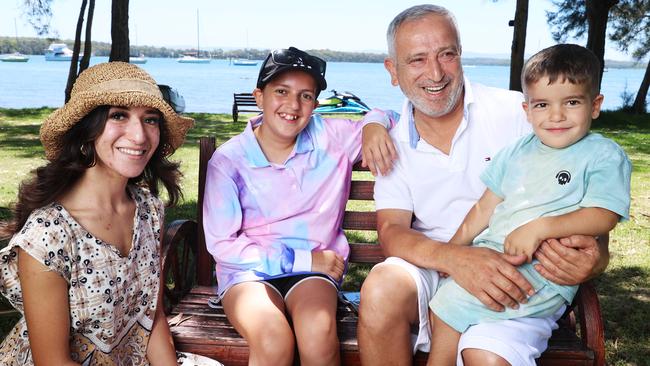
For much of his life, Jamal Rifi has sought to heal wounds.
As a Sydney doctor, he has tended to thousands of patients, including spearheading a vaccination drive in his community during the Covid pandemic.
As a Lebanese immigrant, he has spoken out against terrorism and tried to heal the rift with local Muslim communities during the rise of Islamic State.
He has even tried to heal divisions between Palestinians and Israelis with a role in health organisation Rozana, led by a prominent Jewish Australian, which facilitates training and equipment for doctors and hospitals in Gaza and the West Bank.
But there’s one abyss he has not been able to cross.
Since 2021, he has been forced into exile from his native Lebanon, convicted in absentia by a military tribunal because of his charity work and sentenced to a decade in jail with hard labour.
Decimated militarily and waning politically, Hezbollah’s once iron grip on the country’s government and state organs has loosened, and Dr Rifi’s high-ranking Lebanese politician brother, Ashraf, has sensed a chance to lift the ban and allow his sibling what the group has so far robbed from him: a chance to finally pay his respects at his mother’s grave.
“It is very important to me (to be able to return safely to Lebanon), to visit my mother’s grave and pray for her,” Dr Rifi told The Australian from NSW’s Central Coast surrounded by his family.
It comes after his brother revealed last week that he would launch legal proceedings against the “ring of villains” who colluded against Dr Rifi, while urging the country’s Justice Minister and prosecutor to revisit the case.
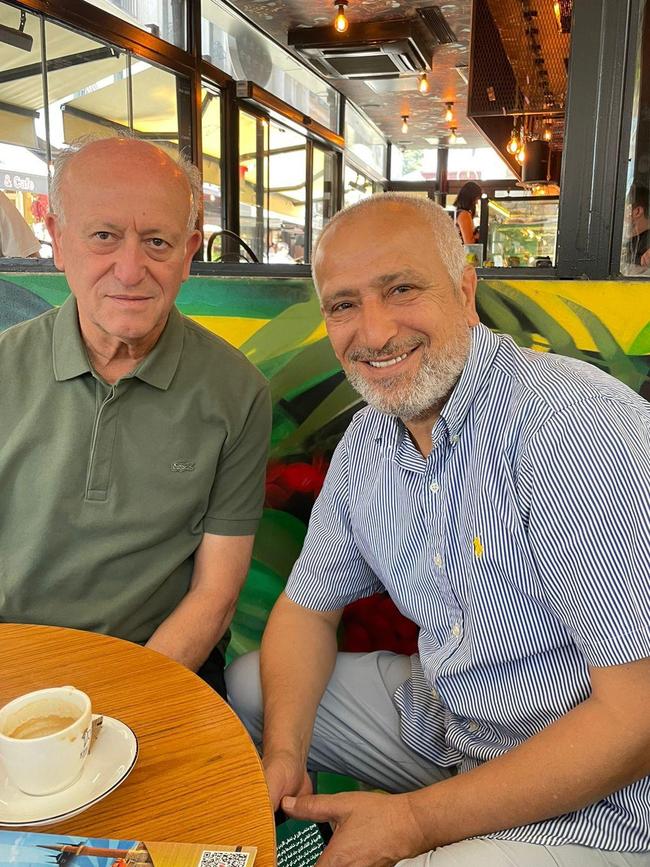
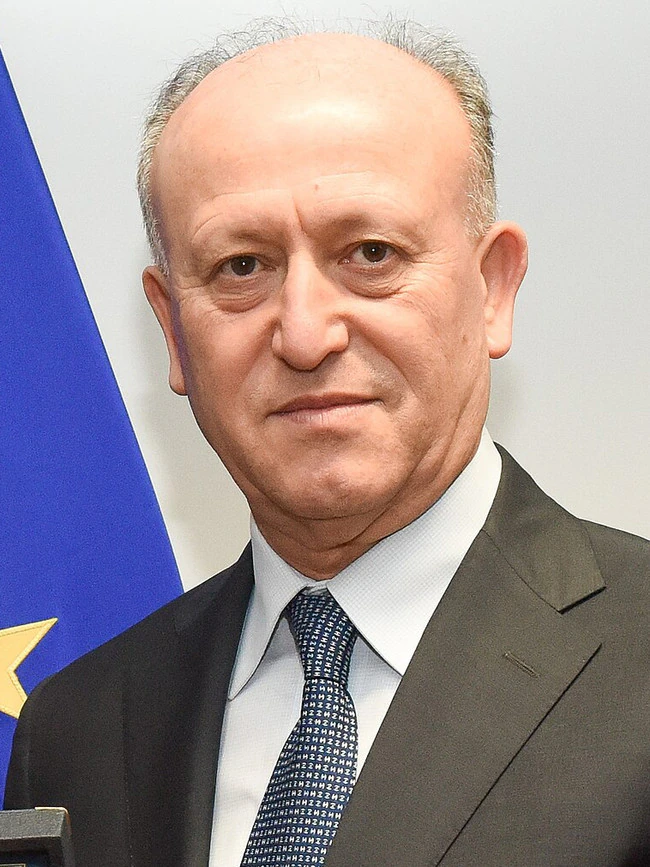
The conviction for treason and “collaborating” with Israel – of which he learnt about only via “Hezbollah mouthpieces” in the Lebanese media – effectively exiled Dr Rifi and stripped him of his right to safely visit his home, including with his wife, Lana, and also his family, including daughter Sue and grandchildren Lana and Ahmad.
Awarded an Order of Australia medal in 2017, he was The Australian’s Australian of the Year in 2015, when his intercommunity efforts at the height of the Islamic State played a vital role in quelling communal tensions.
And at the heart of Dr Rifi’s conviction lies the very thing for which he’s been widely lauded for: his efforts to bring all peoples and communities together, regardless of faith, for the common good.
“(Ashraf) has said for years that Lebanon should regain its sovereignty and work for its people, he’s never shied away from that,” said Dr Rifi, who is able to meet his brother only in third countries, often Turkey.
“That’s why (Hezbollah) knew of my work (in Australia) – they wanted to silence me and politically assassinate him … branding him the brother of a ‘traitor’.
“That’s hurt me ever since, seeing him attacked, through me, for his political stand.”
An MP representing Tripoli, in Lebanon’s north, Ashraf – who is also a former national police chief and justice minister – is set to file lawsuits against the “nexus” of pro-Hezbollah operatives in the military court and local media who conspired against his sibling, including its “mouthpiece”, the Al-Akhbar newspaper.
“He (Dr Rifi) couldn’t come to our mother’s funeral, it prevented him from being at her death,” Ashraf, who is aligned with the parliament’s Renewal Bloc and is one of Hezbollah’s strongest critics, told a Lebanese news program last week.
“We appealed to the Justice Minister, and we (again) appeal to the minister, (chief) public prosecutor, and Lebanon’s Supreme Court president to take an honest look at Jamal’s case, and all similar matters.”
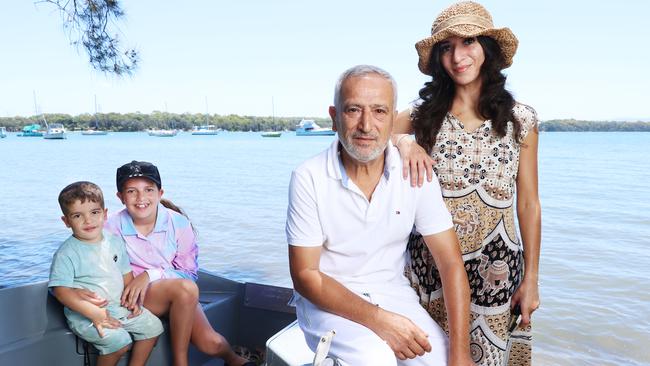
The brothers’ mother died in 2020, but the family had become aware of movements to target Dr Rifi well before 2021’s secret trial and a return to Lebanon – particularly given a likely prolonged stay given Covid-induced travel restrictions – was fraught with risk.
“(Pro-Hezbollah figures) made the guilty decision against me well before the trial took place,” Dr Rifi said, calling an arrest a “de facto death sentence”.
He said the Al-Akhbar newspaper had purposefully misinterpreted and weaponised a 2019 iftar dinner hosted by Rozana, which made him a marked man and made any arrest-free return to Lebanon impossible.
Ashraf said although the family were “not looking for revenge” they wanted to reclaim Dr Rifi’s “rights”, and could take the matter to the United Nations Human Rights Committee.
The MP said: “The tables have turned and you (Hezbollah-aligned legal practitioners, media) will pay the price (for) my brother Jamal, who was banned by the military court from attending his mother’s funeral … I will file a lawsuit against judges, media professionals, lawyers and military personnel in this case.”
Ashraf said his innocent brother’s case showed that “mercenary lawyers” would often take baseless accusations to a military prosecutor who would “immediately prosecute”.
Dr Rifi resigned earlier this year after an eight-year involvement with Rozana, which is chaired by Melbourne-based Jewish business leader Ron Finkel, and the NGO has been praised for its cross-faith work helping Palestinians, particularly gravely injured Gazan children, and donating ventilators to the Palestinian Authority during the Covid pandemic.
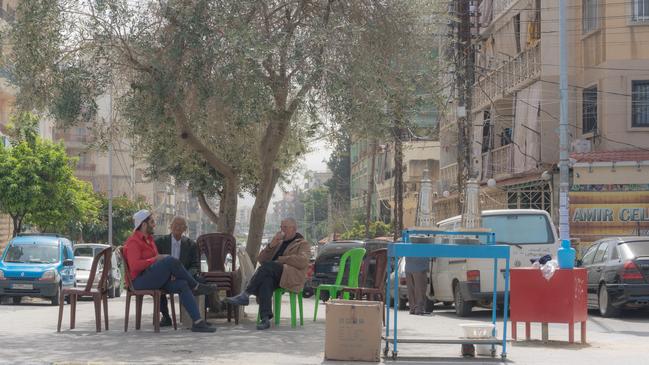
The court alleged – in secret and without Dr Rifi’s solicitor present – that his Rozana involvement and a 2017 trip to Palestinian hospitals violated a 1950s anti-Israel boycott law, despite him obtaining a fatwa that gave him permission to travel via Israel.
“I had nothing to hide and made it all public, promoting our work in Sydney’s Arabic community papers,” he said, blaming a “nexus” of pro-Hezbollah military court and media operatives.
Dr Rifi has been serving Australia’s communities for more than 40 years, arriving to complete his medicine qualifications at the University of Sydney, and has been an influential figure across health, deradicalisation efforts, and community causes.
His work – and sham conviction – follows in the footsteps of his father, Ahmed, who in 1960s and 70s Tripoli would collect small monthly sums from his community to be pooled for the medical and education expenses of impoverished families.
The government jailed him for his activism, and Dr Rifi says they perceived his father as a “threat to the establishment”.
Ashraf said there was no stronger advocate for Palestine than his brother, who backed up his words with solutions.
“(Rozana) is similar to Doctors Without Borders,” the MP said, adding that the Palestinian Authority recognised Rozana’s work, pointing the finger at Hezbollah’s meddling and intimidatory influence.
“(Palestinian leaders have said) ‘if you really (want to help) Palestine, you should fly (to Australia) and talk to Dr Rifi’.
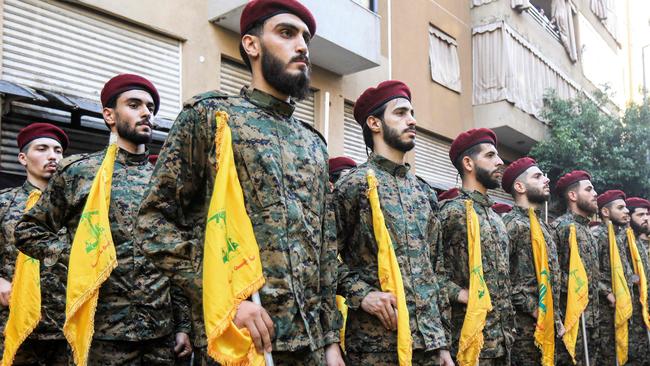
“Hezbollah was in control of the military court and was (influencing) it. If you are against Hezbollah, you find yourself in a vicious circle … the fact that Hezbollah is almost finished (in) Lebanon and Syria has become a lifeline (for the country).”
The International Commission of Jurists has said that Lebanese military courts had a “history of prosecuting civilians” and called for its jurisdiction to be restricted to military-based offences.
“(A lot of military court) judges are respected, who have nothing to do with (Hezbollah’s meddling) … but there is a ‘ring of villains’,” said Ashraf, who resigned as justice minister in 2016 citing the group’s “domination”.
Israel’s near-total eradication of Hezbollah’s leadership has decimated the organisation’s military capability, but also – despite it retaining support in Lebanon’s south – weakened it politically.
The toppling of the Assad regime in Syria rid Hezbollah of an important ally and supply route, with the new rebel-led administration reluctant to involve itself in the Israel-Hamas war.



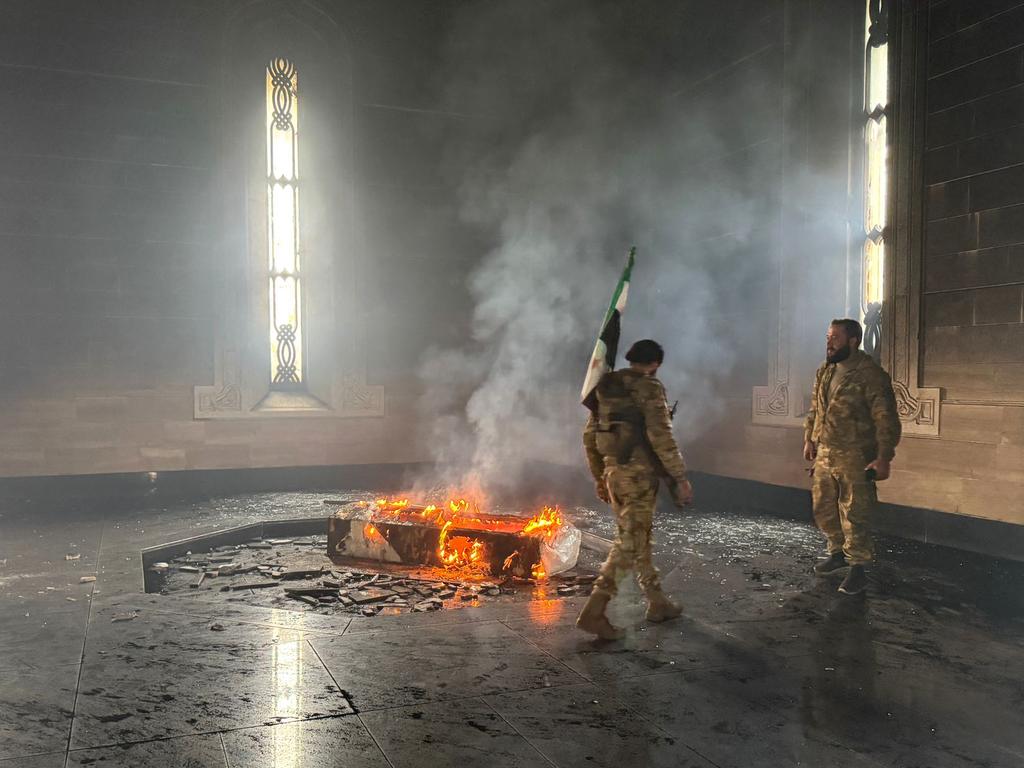
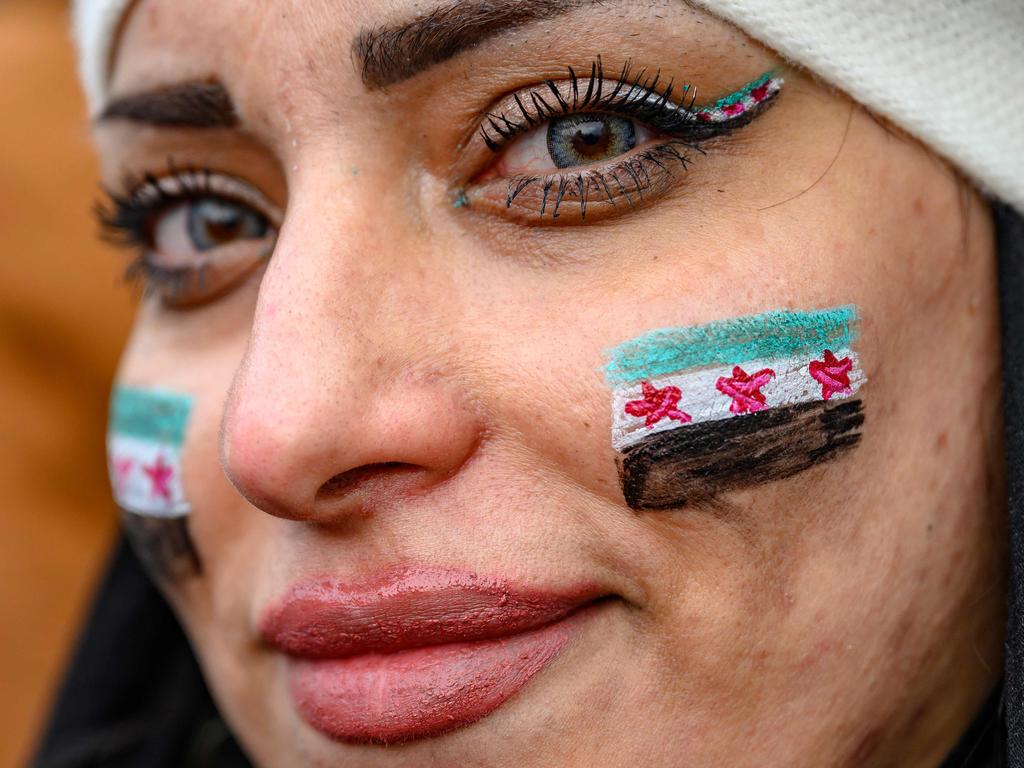
To join the conversation, please log in. Don't have an account? Register
Join the conversation, you are commenting as Logout